Ditapis dengan
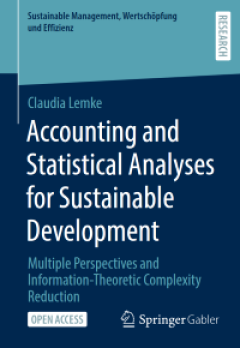
Accounting and Statistical Analyses for Sustainable Development: Multiple Per…
In this Open Access publication Claudia Lemke develops a comprehensive Multi-Level Sustainable Development Index (MLSDI) that is applicable to micro, meso, and macro objects by conducting methodological and empirical research. Multi-level comparability is crucial because the Sustainable Development Goals (SDGs) at macro level can only be achieved if micro and meso objects contribute. The author…
- Edisi
- -
- ISBN/ISSN
- 978-3-658-33246-4
- Deskripsi Fisik
- 288 hlm.
- Judul Seri
- -
- No. Panggil
- -
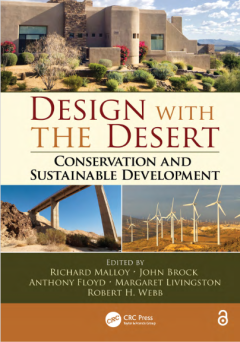
Design with The Desert : Conservation and Sustainable Development
This groundbreaking publication explores the unique challenges and opportunities associated with designing in desert environments, focusing on the principles of conservation and sustainable development. The book delves into the complex relationship between humans and desert ecosystems, highlighting the importance of thoughtful design practices in minimizing environmental impact and maximizing r…
- Edisi
- -
- ISBN/ISSN
- 978-1-4398-8135-4
- Deskripsi Fisik
- -
- Judul Seri
- -
- No. Panggil
- 577.54
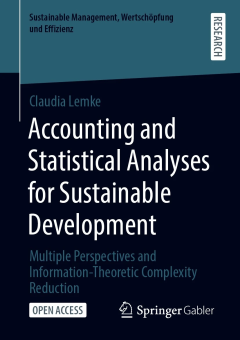
Accounting and Statistical Analyses for Sustainable Development : Multiple Pe…
In this Open Access publication Claudia Lemke develops a comprehensive Multi-Level Sustainable Development Index (MLSDI) that is applicable to micro, meso, and macro objects by conducting methodological and empirical research. Multi-level comparability is crucial because the Sustainable Development Goals (SDGs) at macro level can only be achieved if micro and meso objects contribute. The author…
- Edisi
- -
- ISBN/ISSN
- 978-3-658-33246-4
- Deskripsi Fisik
- 288 p.
- Judul Seri
- -
- No. Panggil
- -
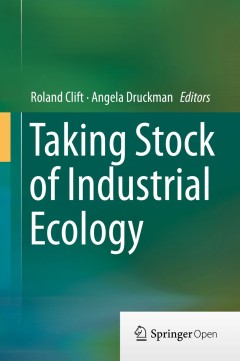
Taking Stock of Industrial Ecology
How can we design more sustainable industrial and urban systems that reduce environmental impacts while supporting a high quality of life for everyone? What progress has been made towards reducing resource use and waste, and what are the prospects for more resilient, material-efficient economies? What are the environmental and social impacts of global supply chains and how can they be measured …
- Edisi
- -
- ISBN/ISSN
- 978-3-319-20571-7
- Deskripsi Fisik
- XXI, 362 p
- Judul Seri
- -
- No. Panggil
- -
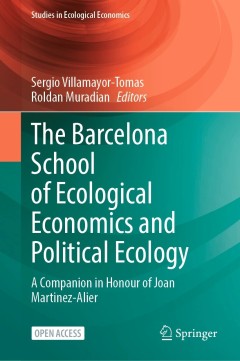
The Barcelona School of Ecological Economics and Political Ecology
In this open access book, ecological economics and political ecology traditions converge into a single academic school. The book constitutes a common ground where multiple and critical voices are expressed, covering a broad scope of urgent matters at the crossroad between society, economy and the natural environment. The manuscripts composing this compendium offer appealing material for both ex…
- Edisi
- -
- ISBN/ISSN
- 978-3-031-22566-6
- Deskripsi Fisik
- XXV, 400p
- Judul Seri
- -
- No. Panggil
- -
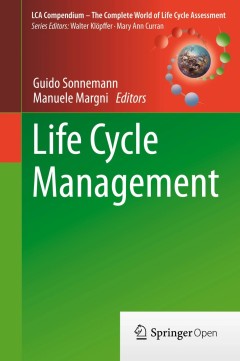
Life Cycle Management
This book provides insight into the Life Cycle Management (LCM) concept and the progress in its implementation. LCM is a management concept applied in industrial and service sectors to improve products and services, while enhancing the overall sustainability performance of business and its value chains. In this regard, LCM is an opportunity to differentiate through sustainability performance on…
- Edisi
- -
- ISBN/ISSN
- 978-94-017-7221-1
- Deskripsi Fisik
- XVII, 353p
- Judul Seri
- -
- No. Panggil
- -
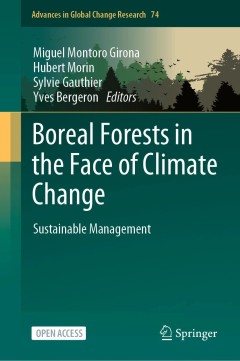
Boreal Forests in the Face of Climate Change : Sustainable Management
This open access book explores a new conceptual framework for the sustainable management of the boreal forest in the face of climate change. The boreal forest is the second-largest terrestrial biome on Earth and covers a 14 million km2 belt, representing about 25% of the Earth’s forest area. Two-thirds of this forest biome is managed and supplies 37% of global wood production. These forests a…
- Edisi
- -
- ISBN/ISSN
- 978-3-031-15988-6
- Deskripsi Fisik
- XLIX, 837p
- Judul Seri
- -
- No. Panggil
- -
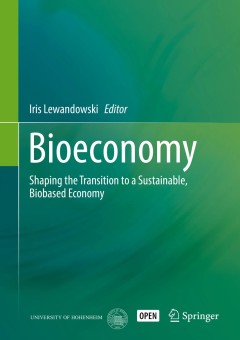
Bioeconomy : Shaping the Transition to a Sustainable, Biobased Economy
This book defines the new field of "Bioeconomy" as the sustainable and innovative use of biomass and biological knowledge to provide food, feed, industrial products, bioenergy and ecological services. The chapters highlight the importance of bioeconomy-related concepts in public, scientific, and political discourse. Using an interdisciplinary approach, the authors outline the dimensions of the …
- Edisi
- -
- ISBN/ISSN
- 978-3-319-68152-8
- Deskripsi Fisik
- VI, 356p
- Judul Seri
- -
- No. Panggil
- -
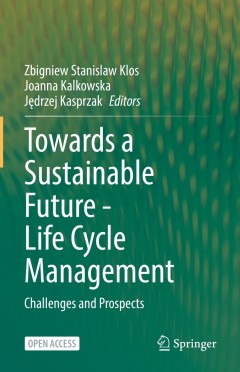
Towards a Sustainable Future - Life Cycle Management
This open access book includes a selection of contributions from the Life Cycle Management 2019 Conference (LCM) held in Poznań, Poland, and presents different examples of scientific and practical contributions, showing an incorporation of life cycle approach into the decision processes on strategic and operational level. Special attention is drawn to applications of LCM to target, organize, a…
- Edisi
- -
- ISBN/ISSN
- 978-3-030-77127-0
- Deskripsi Fisik
- 307 p
- Judul Seri
- -
- No. Panggil
- -
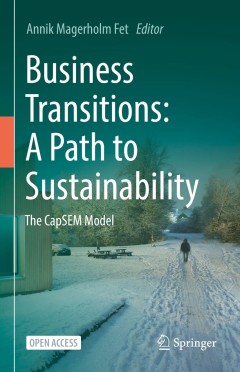
Business Transitions: A Path to Sustainability
This open access book represents a journey documenting the development of tools and methodologies over 3 decades and asks where the future lies. It further develops seminal work carried out under the auspices of the Capacity building in Sustainability and Environmental Management (CapSEM) project co-funded by the EU Erasmus programme from 2016-2019 as well as research projects such as IGLO-MP20…
- Edisi
- -
- ISBN/ISSN
- 978-3-031-22245-0
- Deskripsi Fisik
- 261 p
- Judul Seri
- -
- No. Panggil
- -
 Karya Umum
Karya Umum  Filsafat
Filsafat  Agama
Agama  Ilmu-ilmu Sosial
Ilmu-ilmu Sosial  Bahasa
Bahasa  Ilmu-ilmu Murni
Ilmu-ilmu Murni  Ilmu-ilmu Terapan
Ilmu-ilmu Terapan  Kesenian, Hiburan, dan Olahraga
Kesenian, Hiburan, dan Olahraga  Kesusastraan
Kesusastraan  Geografi dan Sejarah
Geografi dan Sejarah